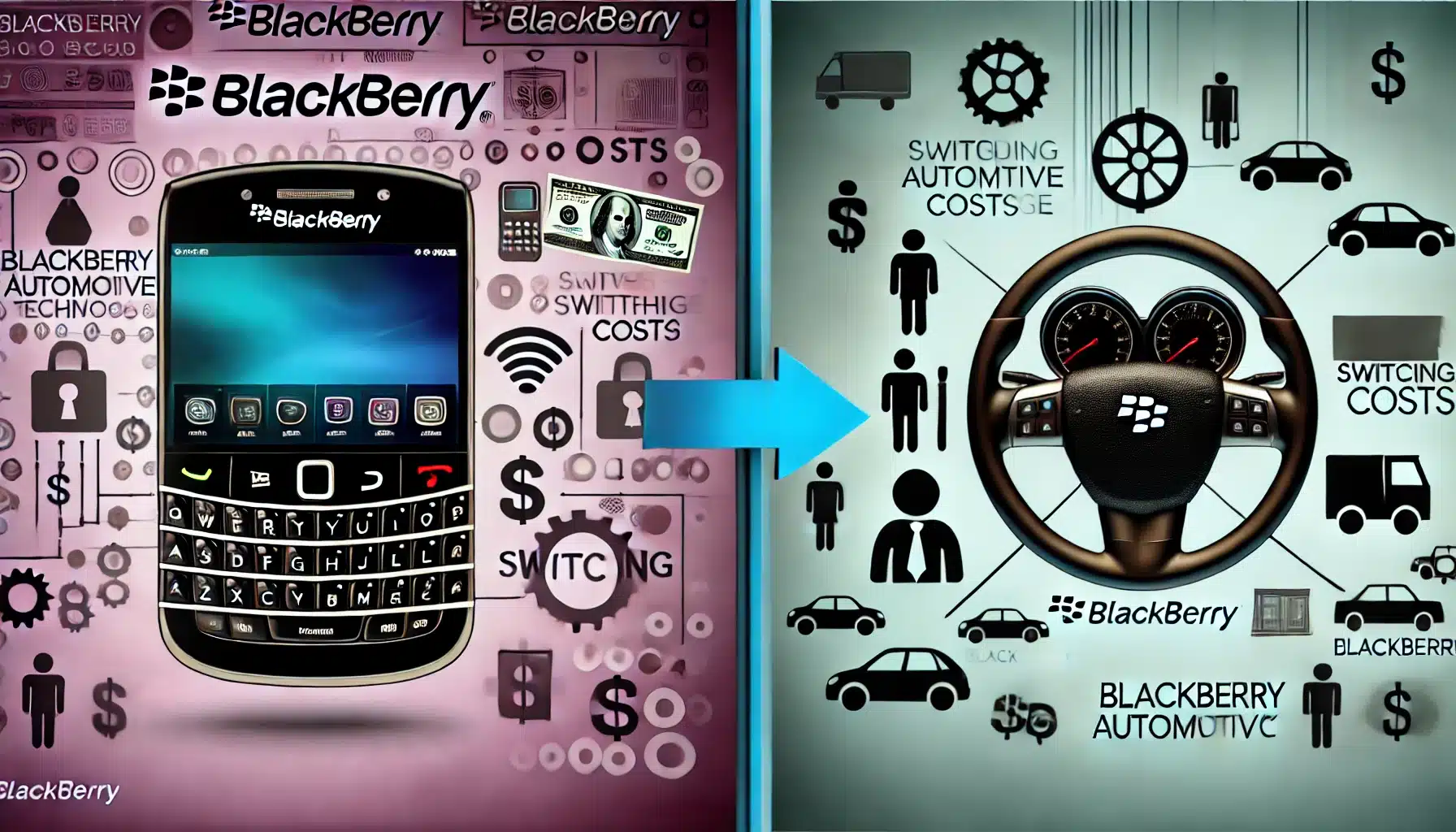
 Interested in owning BlackBerry (BlackBerry Stock Quote, Chart, News, Analysts: TSX:BB)?
Interested in owning BlackBerry (BlackBerry Stock Quote, Chart, News, Analysts: TSX:BB)?
Portfolio manager Teal Linde advises putting the stock in the “Hold” category for the time being, at least until the sightlines clear up for its connected car business.
As 2020 draws to a close, BlackBerry finally climbed into positive territory for the year, with the market seemingly more excited about the company since it announced a partnership with Amazon Web Services. That came earlier this month, with the two tech companies revealing a collaboration on BlackBerry’s Intelligent Vehicle Data Program, IVY, which is being touted as the future for in-vehicle applications, data collection and monetization.
BlackBerry’s share priced popped 30 per cent on the news, a multi-year co-development and co-marketing agreement which BlackBerry CEO John Chen called a rarity in the business.
“Each side contributes the key capabilities required,” said Chen in BlackBerry’s fiscal third quarter earnings call on December 17. “On the BlackBerry side, BlackBerry QNX brings over 20 years of auto industry experience, as well as relationship, as well as a huge footprint of over 175 million cars.”
“We are a trusted leader with a deep knowledge of automotive safety and security software system. AWS is the world’s largest cloud provider with advanced developer community and outstanding expertise in consumer experience, interfaces, as well as IoT. Combined, we’re able to provide a full end-to-end platform,” Chen said. “We expect an ecosystem of apps and services developed on the BlackBerry IVY platform over time.”
Linde says the attraction for investors definitely lies in BlackBerry’s connected car business.
“BlackBerry is basically in two businesses: they’re in data security for companies and also in the automobile sector where they’re trying to basically establish an operating system for the connected car,” said Linde, manager of Linde Equity Fund, who spoke on BNN Bloomberg on Monday.
“On the data security side of the business, that’s a tough business. They’re competing against Microsoft, which has products that are virtually offered for free. And [US cybersecurity company] Palo Alto Networks is a fierce competitor —this is a company that when they announce their quarterly results they talk about the business that they’ve taken away from their competitors.”
“But it’s the connected car side of the business which is more interesting, where if [BlackBerry] can grow that business and have an operating system that is in all the new cars that are made, that has upside,” Linde said.
Soon after the AWS announcement, BlackBerry’s stock drifted lower following its fiscal third quarter 2021 earnings report, delivered on December 17. There, BB’s adjusted revenue was $224 million, down from $280 million a year earlier while non-GAAP adjusted earnings were $0.02 per share compared to $0.03 per share a year earlier.
Both top and bottom line numbers were better than expected according to analysts’ consensus estimates, but management’s guidance for the full fiscal 2021 placed revenue at about $950 million, which would be lower than fiscal 2020’s $1,040-million in revenue. In the company’s key software and services segment, BlackBerry saw revenue fall to $162 million from $185 million on a GAAP basis, while licensing revenue fell to $56 million from $82 million.
Writing in a client update on December 18, RBC Capital analyst maintained his “Hold” rating and $7.50 per share target on BlackBerry, saying the company’s growth prospects are still unproven.
“The investor debate on BlackBerry stems from the company’s future opportunity compared to its current momentum,” Treiber wrote, as reported by Tipranks. “Pending stronger growth or better visibility to BlackBerry’s emerging opportunities, we see the valuation re-rating in BlackBerry’s shares sustained at current levels… Our target multiple is justified below peers (at 7.1x), given BlackBerry’s lower growth.”
Linde would appear to agree with the sentiment.
“BlackBerry is apparently earning about $4 per car and they want to have a business model in place where they can earn $20 per vehicle, but it’s going to take time,” Linde said. “It’s still in the early stages, so we’re just sort of watching it and waiting.”
“It’s kind of a Hold if you’re really patient,” Linde said.
On the rest of the fiscal year for BlackBerry, Chen has said revenue will get back to pre-pandemic levels as the auto sector starts to recover.
“We continue to expect total company revenue for the year to be around $950 million, as we indicated last quarter. We expect licensing revenue will finish the fiscal year a little stronger than previously indicated. We expect revenue for [BlackBerry Technology Services] to continue to grow sequentially in the fourth quarter and … to return to its normal run rate early next fiscal year,” Chen said in the third quarter conference call.
“[In the third quarter], we continued to make good progress. We delivered solid financials as per our outlook. We have developed exciting new business model, the recurring revenue model for QNX, as well as partnership, which I outlined, and we delivered industry-leading products as per our road map,” Chen said.
Leave a Reply
You must be logged in to post a comment.






 Share
Share Tweet
Tweet Share
Share




Comment